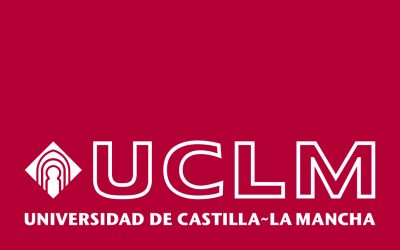The 40th edition of the International Symposium of Forecasting 2020 just ended last Wednesday. It was initialled scheduled in June to be held at Rio de Janeiro, but we had to do it on-line (what a pity!).
I have contributed in two ways: i) giving a talk on session “Software and support systems II” entitled “Comprehensive automatic identification of Unobserved Components models”, and ii) running a workshop on Thursday about “Modern State Space methods: a workshop for practitioners”.
The talk was about UComp, a library for the automatic identification of structural unobserved components models (UC) useful both for time series decomposition and forecasting inspired by those of Andrew C. Harvey. The tool has been developed in C++ and is offered as a R package implemented with the help of the Rcpp api, and is also available as a MATLAB/Octave toolbox via mex files. Some of the salient features are: i) identification of models is done automatically by optimizing information criteria; ii) the type of models is more extense than usually assumed in this sort of models (damped trends, general ARMA coloured irregular components, etc.); iii) models allow for exogenous cycles and inputs; iv) automatic outlier detection is available; etc.
The workshop was about State Space modelling, and was mainly practical, covering some typical examples and more advanced as well, like Hodrick-Prescott filters, constant and time varying parameter regressions, dynamic harmonic regression, basic structural models, nesting in variables, time aggregation, hierarchical forecasting, and others. The last session was dedicated to the automatic identification of UC models with UComp.

